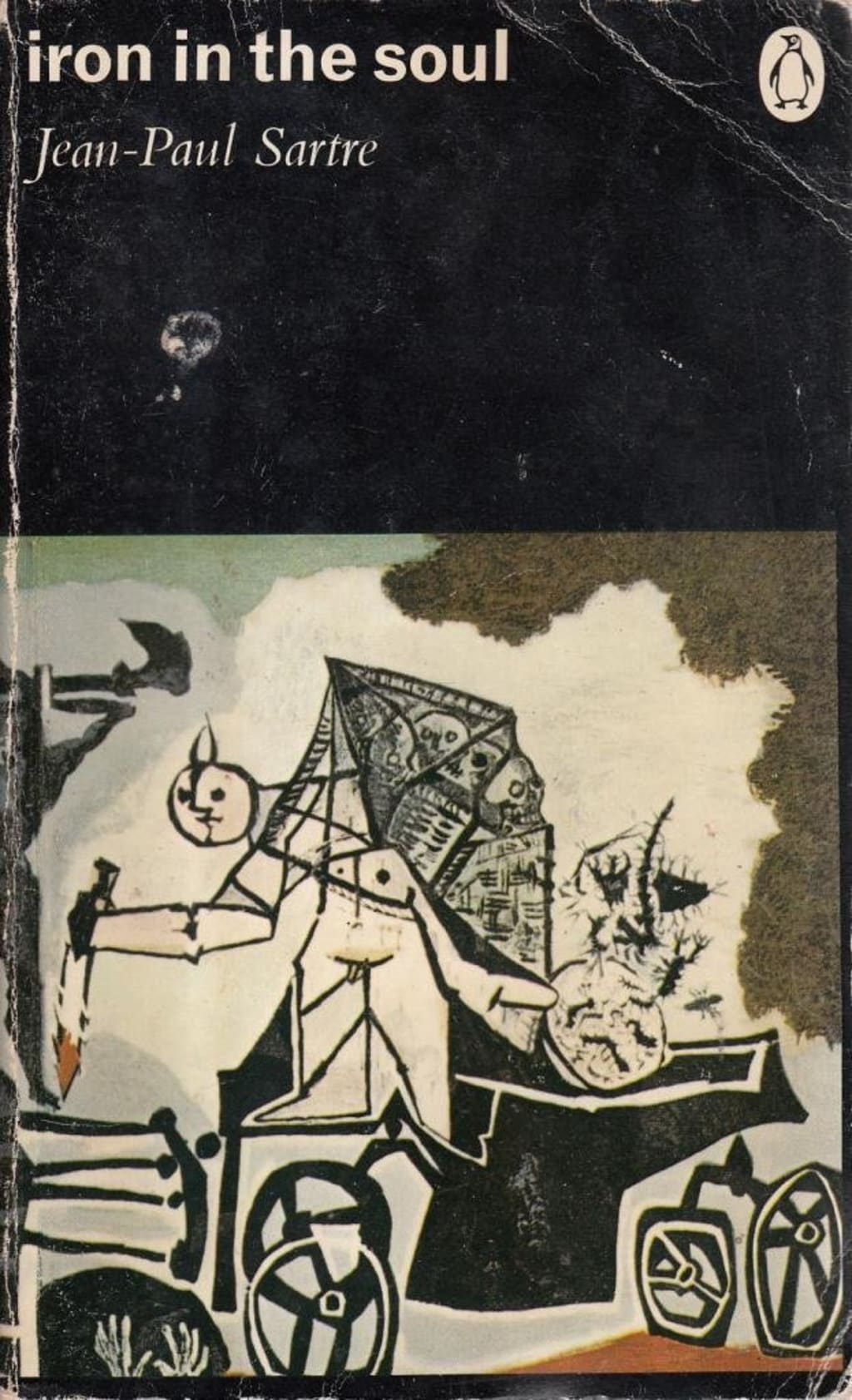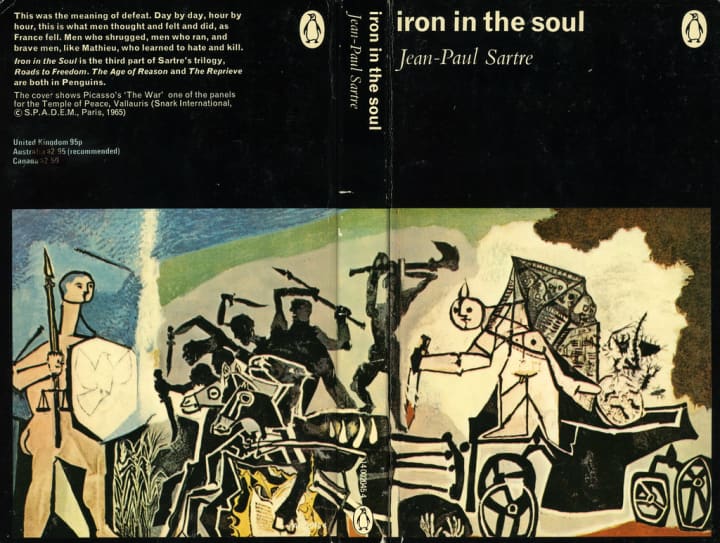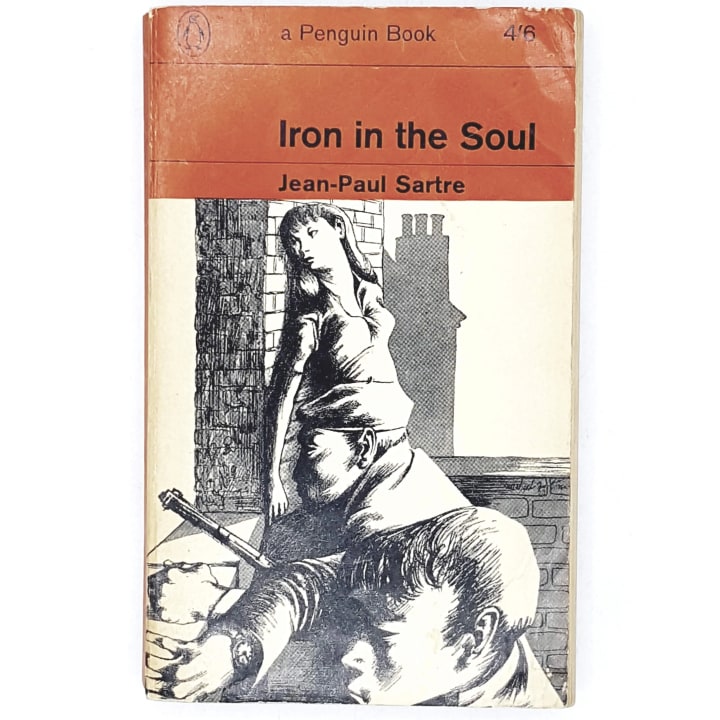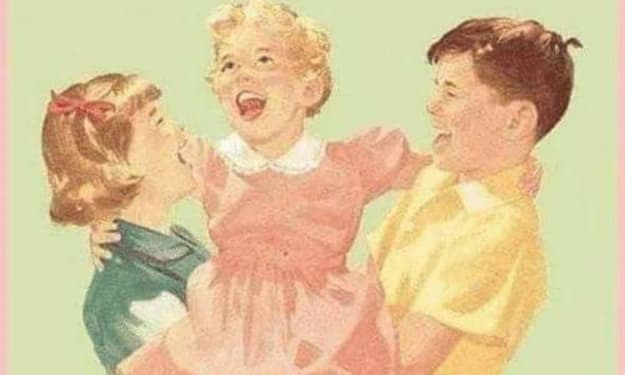Book Review: "Iron in the Soul" by Jean-Paul Sartre
5/5 - profound, slightly confusing but well worth the read

“Men get the war they deserve.”
- Iron in the Soul by Jean-Paul Sartre
Recently, I was re-reading Saul Bellow's Seize the Day for reasons you will only know in some weeks. I found myself longing for something similar in the way of a philosophical narrative of discontent and realisation - just not as optimistic. I remembered that I still owned a yet unopened copy of the book Iron in the Soul by Jean-Paul Sartre and for the life of me, I wondered why I had never actually read it all. Despite having read the first few pages many times, I could never remember completing the book. So, as my less-optimistic Bellow-esque philosophical novel, I expected now to finish the existential narrative that has been sitting on my shelf for nearly two years.
The alternative title for this novel is Troubled Sleep and it was published in 1950 when translated into English. The text takes place in France during the early days of World War II, focusing on the period of the French defeat in 1940. Mathieu Delarue, a philosophy teacher, grapples with his sense of purpose and responsibility as the war unfolds. World War 2 is brilliantly described as Sartre. I found it to be part and parcel to the whole sense of displacement that underpins the novel. Something like Hemingway's characters of The Sun Also Rises or Broyard's Kafka was the Rage.

The story also follows Boris, a young idealist influenced by Mathieu, and Gomez, a pragmatic Spanish revolutionary. The advancing German forces cause widespread chaos and disillusionment among French soldiers and civilians. Initially believing in resistance, Mathieu becomes disheartened by the defeatism and resignation around him. This plays into Sartre's whole experience of the existential - everything is becoming pointless through its loss of purpose because of the changing circumstances. The whole modernisation-causes-displacement-of-the-self idea is so prominent in all the fiction from this time it hardly seems like a revolutionary novel but, it is definitely one of the better written ones of the time.
Boris deals with his own ideas of heroism, facing the futility and harsh realities of resistance. Gomez provides a more action-oriented approach to the struggle against fascism, contrasting with Mathieu's philosophical introspection. Despite the hopeless situation, Mathieu decides to join a small group of soldiers determined to continue fighting the Germans. Action through hopelessness is another part of the whole fight in existentialism. It makes the book seem like it's going nowhere but that's the whole point. Existential freedom is based within free will, which I feel controls the whole pace of the text. The will to act speeds it up and the pointlessness slows it back down.

I really did enjoy the way freedom is explored in thr text. The author emphasises that individuals are always free to make choices and must take responsibility for their actions, even in the face of societal constraints. But, confusingly enough, the writer highlights the absurdity of human existence, portraying the randomness and lack of inherent meaning in life, a central tenet of existentialist philosophy. These are two opposing ideas that are forced together to create this sense of up and down.
The novel examines how war alters individual identities and challenges personal values, leading to existential crises. Through the characters' experiences, Sartre discusses the nature of personal and political commitment, questioning the motivations and authenticity behind their actions. So its not just the pace, it is the way the pace is understood through the reasoning of the characters. And because of this war, the characters often experience profound feelings of isolation and alienation - reflecting the greater world and Sartre's view of it.
However, the one thing I liked the most is that idea that I have understood from Schopenhauer in which freedom is more of a curse and a burden than a blessing - the anguish of responsibility is often felt right here. Sartre explores the tension between individual desires and collective responsibilities, particularly in the context of political and social upheaval. This is how the war is presented almost constantly, a collective responsibility dependent on the anguish of responsibility in the individuals competing in it.
This is pushed on by the idea of death. The novel vividly depicts the existential angst and despair experienced by individuals confronting the meaninglessness of life and the inevitability of death. And in war, the inevitability of death is probably the most prominent idea in the minds of everyone competing on the front line - but as for the people behind the scenes, there is not a thought in their head for those who are dying.
All in all, Sartre's portrayal of characters grappling with their beliefs and choices during a time of despair resonated deeply with me, emphasizing the importance of personal agency even in dire circumstances. Even though I found the novel challenging in places, the text offers something that many philosophical novels cannot - a profound explanation relating to the oncoming impending doom that is very probable death.
About the Creator
Annie Kapur
200K+ Reads on Vocal.
Secondary English Teacher & Lecturer
🎓Literature & Writing (B.A)
🎓Film & Writing (M.A)
🎓Secondary English Education (PgDipEd) (QTS)
📍Birmingham, UK
X: @AnnieWithBooks
Enjoyed the story? Support the Creator.
Subscribe for free to receive all their stories in your feed. You could also pledge your support or give them a one-off tip, letting them know you appreciate their work.






Comments
There are no comments for this story
Be the first to respond and start the conversation.